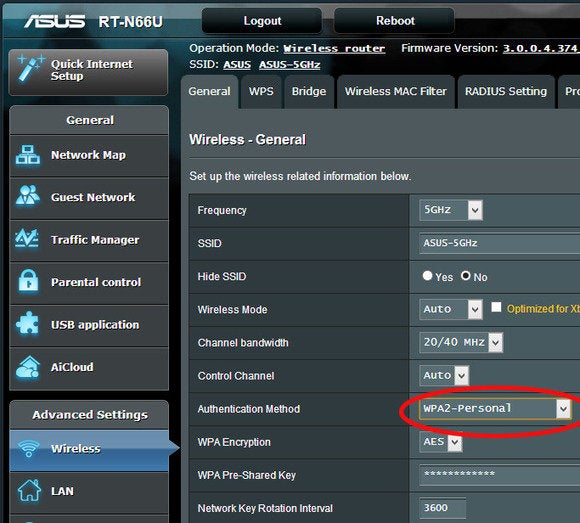How to keep your neighbors from hijacking your Wi-Fi
 Thursday, January 16, 2014 at 6:10PM
Thursday, January 16, 2014 at 6:10PM
So your Internet service intermittently slows to a crawl. You want to make sure that your neighbors haven’t hacked your Wi-Fi for free connectivity. A number of issues can produce intermittently slow Internet access, and most of them don’t involve foul play. You could have bad cables, a bad modem or router, or simply outdated firmware on either of these devices. The problem may be with your ISP, and therefore completely out of your hands. For more on these possibilities, see my past column on obscenely slow Internet connections. Also, check out Nick Mediati’s primer on how to test your home Internet connection speed. But as much as we’d like to think otherwise, your problem could be with a dishonest neighbor. And in these days of data caps, such neighbors could be running up your bill as they’re slowing down your connection. I’m assuming you’ve password-protected your Wi-Fi network. If you haven’t, check your router’s documentation and do so immediately. But nothing is ever completely secure, and Wi-Fi networks can be cracked. You need to take extra precautions. Every technique I’ve seen for cracking Wi-Fi networks involves either a dictionary or a brute-force attack. There’s a very simple tool for protecting yourself against these attacks: a strong password. Use a long, random string of numbers, upper- and lower-case letters, and punctuation, and avoid anything found in the dictionary. Read more here on how to use strong passwords. Since you and other people will likely be typing this password manually from time to time, avoid lower-case L, upper-case I and O, and the digits 1 and 0. This will avoid confusion when people read the password and recreate it on a keyboard. Test the password’s strength with How Secure is My Password, which estimates how long it would take a standard PC to crack your password. If it would take more than a million years to crack, consider the password safe. The usual complaint against strong passwords—they’re too hard to remember and type—doesn’t apply here. You only have to type this password when setting up a new Wi-Fi-capable device, or when helping a guest who brought their own device to your home. You can just keep the password on a scrap of paper—or in your password manager. Of course, if you’re worried that a neighbor has already cracked your Wi-Fi, changing the password will get them off of it immediately. In addition to your password, make sure your Wi-Fi security is properly set up. Go into your router’s setting screen and check the options. Ideally, you should be using WPA2 encryption. If your modem doesn’t support WPA2, use WPA-Personal--or better yet, buy a new router. For more on these issues, see 5 Wi-Fi security myths you must abandon now.
Reader Comments